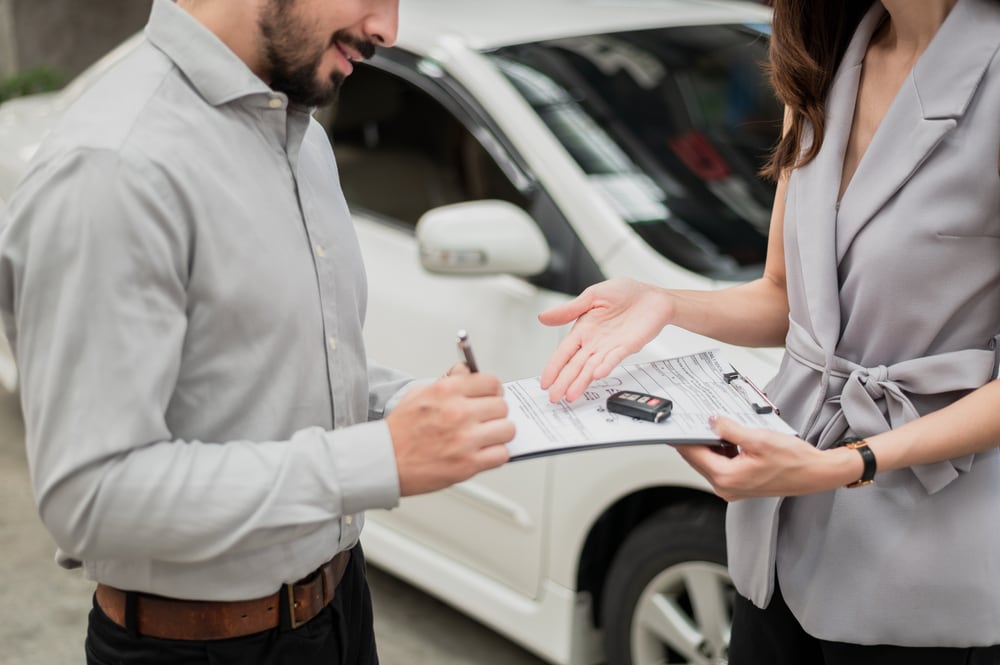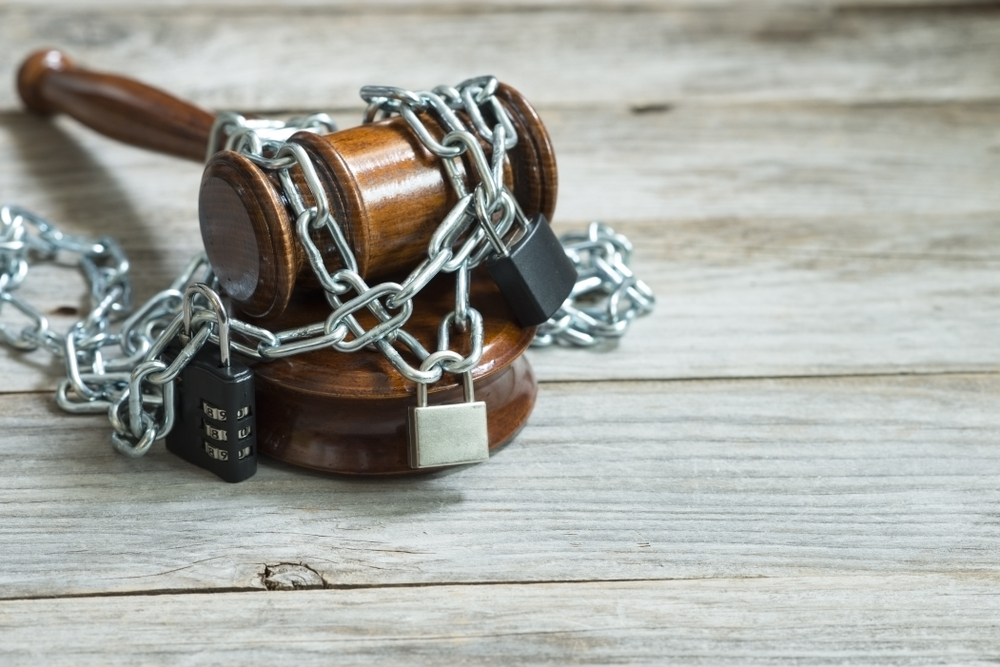Car Insurance With a Lease

When you lease a car in the state of New York, the agreement typically requires a specific level of insurance coverage, which can be more comprehensive than the minimum insurance required for purchasing a vehicle outright as per the laws of the state. This is because the leasing company, as the legal owner of the car, aims to protect its asset. Consequently, your lease agreement will detail the insurance requirements you must maintain to be compliant in NYC as well as for extra protection on the leased vehicle, often including both collision and comprehensive coverage as well as liability insurance, which safeguards against damage you might cause to other people or property.
Understanding the insurance terms and ensuring you have the appropriate coverage is crucial to avoid financial repercussions. If you’re involved in an accident in New York City or the surrounding area and you lack sufficient coverage, you could be responsible for significant out-of-pocket costs. Moreover, you’re obliged to maintain the lease car in excellent condition, barring normal wear and tear. Therefore, choosing the right insurance policy becomes an essential part of the leasing process to ensure both compliance with the lease terms and peace of mind while you’re on the road, whether you’re driving through NYC or off the beaten path.
Understanding Car Insurance for Leased Vehicles
When leasing a vehicle in New York State, you are required to have adequate insurance coverage. This protects the leasing company’s asset and offers you financial security.
Importance of Insurance for Leasing
Insurance for leased vehicles is crucial because it’s typically mandated by the lease contract. You’re responsible for any damage during the lease period. Without proper insurance, you could face significant out-of-pocket costs.
Types of Coverage Required
For a leased car, the minimum required insurance generally includes liability coverage, collision coverage, and comprehensive coverage. Some leasing companies may also require gap insurance to cover the difference between the insurance payout and the remaining lease balance if the car is totaled or stolen.
Liability Insurance
Liability Insurance covers costs related to injury, death, or property damage that you may cause to others in an accident. It is a legal requirement in most states, including the state of New York.
- Bodily Injury: This covers costs associated with injuries to other people involved in an accident deemed your fault.
- Property Damage: This pays for damage to another person’s property resulting from an accident for which you’re at fault.
Collision and Comprehensive Coverage
Collision coverage helps pay for repairs to your leased car if you’re involved in a traffic collision, regardless of fault. Comprehensive coverage protects against non-collision incidents, such as theft, fire, or natural disasters.
- Collision: This applies when your car is damaged in a crash with another vehicle or object.
- Comprehensive: This protects against theft, vandalism, and damages from natural disasters, among other things.
Gap Insurance
Gap insurance is specially designed for leased vehicles. If your car is totaled or stolen, gap insurance covers the difference between the car’s depreciated value and the amount you still owe on the lease.
- Depreciated Value: The worth of the car at the time of the claim.
- Lease Balance: The remaining amount you owe on the lease.
By maintaining the right coverage levels wherever you reside in New York, you keep in line with leasing agreements and safeguard your finances in the event of an accident or theft.
Navigating Insurance Policies for Leased Cars
When leasing a car, you must obtain an insurance policy that meets both the lessor’s requirements and legal mandates for the state of New York. Understanding the various components of your lease insurance policy is critical to ensuring adequate protection.
Determining Adequate Coverage Levels
Your leased car insurance should cover comprehensive, collision, and liability insurance. The lessor typically requires higher limits than state minimums: often $100,000 bodily injury per person, $300,000 per accident, and $50,000 for property damage. Review your lease agreement carefully to meet these specifications to make sure you comply with their requirements for the lease as well as for New York’s insurance laws.
Policy Endorsements and Exclusions
Pay attention to endorsements, which are modifications that provide additional coverage, such as gap insurance. Gap insurance covers the difference between what you owe on your lease and the car’s market value. Understand the exclusions in your policy to avoid unexpected out-of-pocket costs for things like personal belongings in your vehicle.
Insurance Premium Factors
Your leased car insurance premiums are influenced by:
- Your driving history: More violations mean higher premiums.
- The vehicle type: Higher-end models generally incur higher insurance costs.
- Location: Urban areas, particularly New York City, typically have higher rates due to increased risks of theft and collisions.
Claims Process for Leased Vehicles
In the event of an accident:
- Contact your insurer promptly to report the claim.
- Follow their guidance on submitting documentation and getting your car repaired.
- Inform the lessor as per your lease agreement’s stipulations.
Switching or Canceling Insurance
If you find a better rate or need to cancel your insurance, ensure to:
- Get new coverage that meets lease requirements before canceling your current policy.
- Coordinate with the lessor to update them on the new insurance details to avoid breaches of your lease agreement.
In the event that you are in a Rockville car accident or Nassau county car accident with a leased vehicle, you should understand your legal rights. Contact us to speak with a car accident lawyer in Hempstead about your situation.



